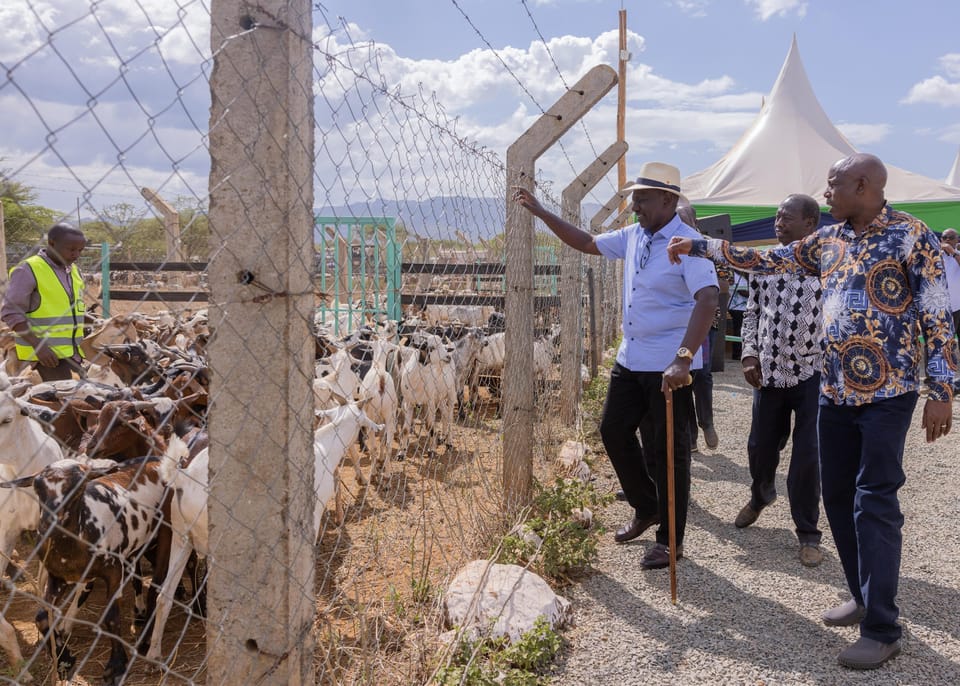Local Vaccines, Global Markets

Kenya is taking bold steps to revolutionize its livestock sector by launching a comprehensive vaccination campaign using locally produced vaccines. This strategic move, announced by agricultural authorities, aims to strengthen the country's position in international meat markets while reducing dependency on imported veterinary medicines.
The Kenya Veterinary Vaccines Production Institute (KEVEVAPI) will spearhead the production of these vital vaccines, marking a significant shift towards self-reliance in veterinary healthcare. This local production capability is expected to ensure a more stable and cost-effective supply of vaccines for Kenyan farmers.
Agriculture Cabinet Secretary Karanja has emphasized that this vaccination drive is crucial for meeting international market standards for meat exports. "Our focus is on controlling major livestock diseases that have historically limited our access to lucrative global markets," stated CS Karanja. The program targets common livestock diseases that have previously hindered Kenya's export potential.
The initiative serves multiple purposes: it protects animal health, ensures food security, and positions Kenya as a reliable player in the international meat trade. By implementing systematic vaccination programs, Kenya aims to build trust with international buyers and open new export opportunities for local farmers and meat processors.
This development comes at a crucial time when global demand for quality meat products continues to rise. With locally produced vaccines and a comprehensive vaccination strategy, Kenya is positioning itself to capture a larger share of this growing market while supporting its domestic agricultural sector.
